Avoid These 6 Common Mistakes Made During Injuries
Injuries, whether minor or severe, can significantly disrupt our daily lives, yet the lack of proper response can often exacerbate the situation. From professional athletes to everyday individuals, the approach to handling injuries can make a crucial difference in recovery time and overall health. By recognizing and steering clear of certain common mistakes, individuals can not only expedite the healing process but also prevent future complications that may result in an ER visit. In this blog post, we will explore six frequent mistakes individuals make when dealing with injuries and how you can avoid falling into these common traps.
1. Neglecting Professional Advice
One of the first mistakes people make during injuries is neglecting to seek professional medical advice. Often dismissed as a simple sprain or minor cut, numerous injuries can have more serious underpinnings that need a professional diagnosis. With 139.8 million Americans visiting the ER in 2021, according to the CDC, it's clear that injuries are prevalent, and proper medical attention is crucial. Failing to seek an expert's opinion could result in long-term damage that might have been avoidable with timely intervention.
2. Misusing Over-the-Counter Medication
Another frequent error is the misuse of over-the-counter medication. Many individuals resort to pain relief medications without considering the potential side effects or interactions with other prescribed drugs. Not only can this approach mask the pain, making it difficult to identify the injury's progress, but it also risks addiction or additional health issues. It's essential to follow recommendations from healthcare providers and use these medications responsibly, ensuring they are part of a broader recovery plan.
3. Failing to Prioritize Rest
Rest is vital in the recovery process, yet it is often underestimated or improperly implemented. While some may push through the pain to maintain their routines, others might rest excessively, leading to muscle atrophy or weight gain. Striking a balance between adequate rest and gradual movement is crucial in regaining strength without further injury. A tailored rehabilitation program, often supervised by your post-op team at the ER, can guide individuals through structured exercises that promote healing while maintaining physical condition.
4. Ignoring Your Nutritional Needs
Ignoring nutritional needs is another mistake that can hinder recovery. The body needs proper nourishment to repair tissues and recover completely, yet many downplay the importance of a balanced diet when injured. Incorporating antioxidants, proteins, and other necessary nutrients can accelerate healing and enhance overall well-being. Since inflammatory foods can worsen the symptoms, it is advisable to modify one's diet to include more anti-inflammatory options during recovery. Nutritional adjustments can also help improve energy levels, mood, and immune function, which are essential during the often challenging recovery phase.
5. Rushing Your Recovery Process
Rushing the recovery process is another common pitfall that can lead to re-injury or prolonged discomfort. Many people feel pressure to resume their normal activities as soon as possible, whether due to work obligations or personal goals. However, ignoring the body's signals and pushing too hard can delay progress. Consistently following a recovery schedule, listening to the body’s cues, and pacing oneself can ensure a safer, more sustainable healing journey. In some cases, consulting with your ER doctor and post-op team can help develop a realistic timeline and prevent setbacks.
6. Lacking Patience During Recovery
Finally, a lack of patience during recovery can lead to setbacks. People often expect immediate results, becoming frustrated when progress is slow. This impatience can cause individuals to ignore medical guidance, abandon rehabilitative exercises, and in some cases, return prematurely to their usual activities. A gradual approach, maintaining a positive attitude, and rigorously adhering to the medical advice not only ensure a full recovery but also lessen the chances of re-injury significantly.
While injuries are inevitable occurrences in life, the way we handle them can determine the speed and quality of our recovery. From ensuring proper medical consultation to balancing rest with activity, and from using medications cautiously to maintaining nutritional vigilance, these steps are critical. By recognizing and avoiding these common mistakes, we make a commitment to not only heal effectively but also enhance our long-term health. The journey to recovery can be seamless if we proactively engage with it, empowering ourselves with knowledge and patience. The process may require time and persistence, but the reward is a healthier, more resilient body ready for the future.
Are you looking for an ER in Texas? Here at Family Emergency Room at Georgetown, our board-certified emergency medicine doctors are here to help 24/7. Contact us today to get started.





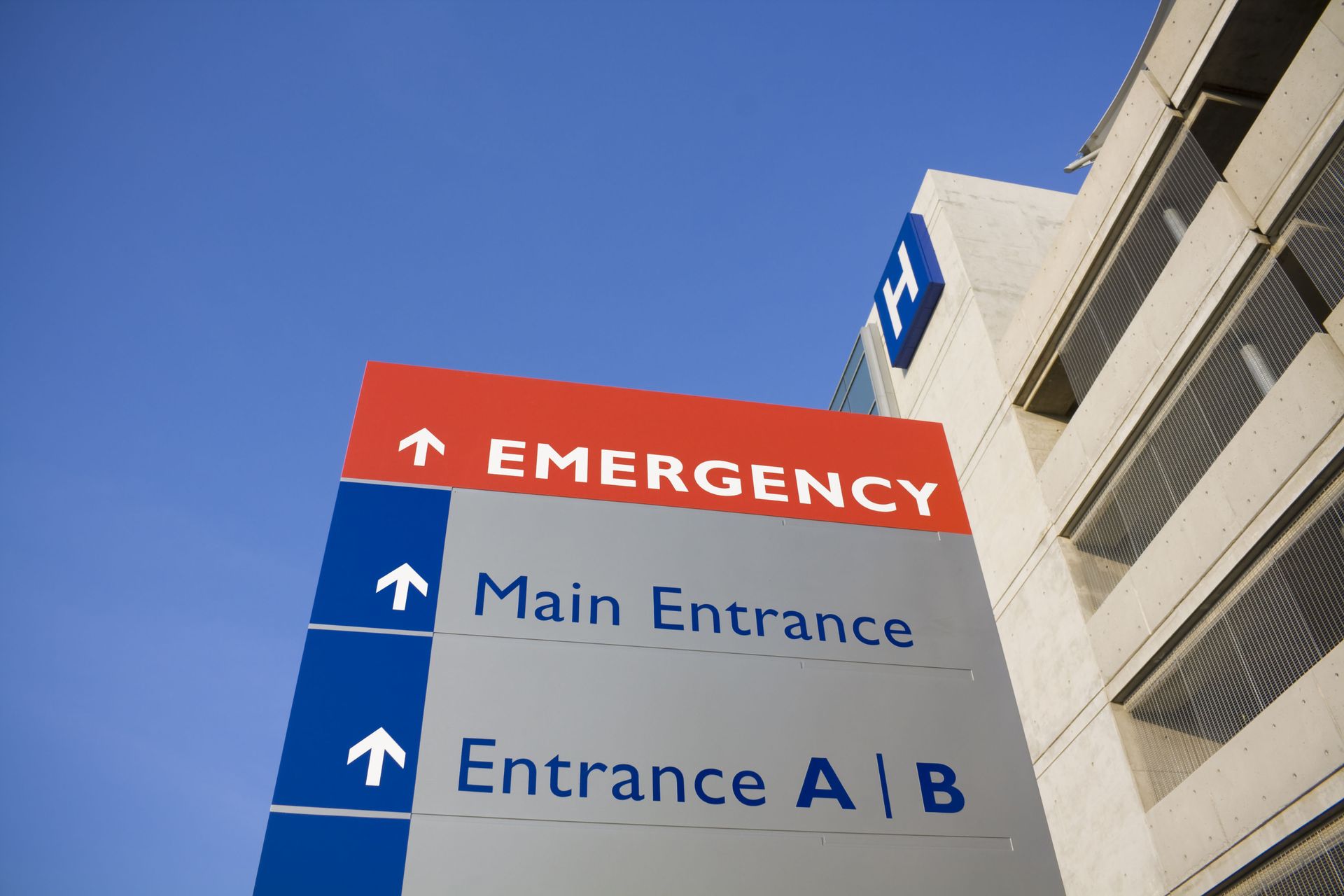
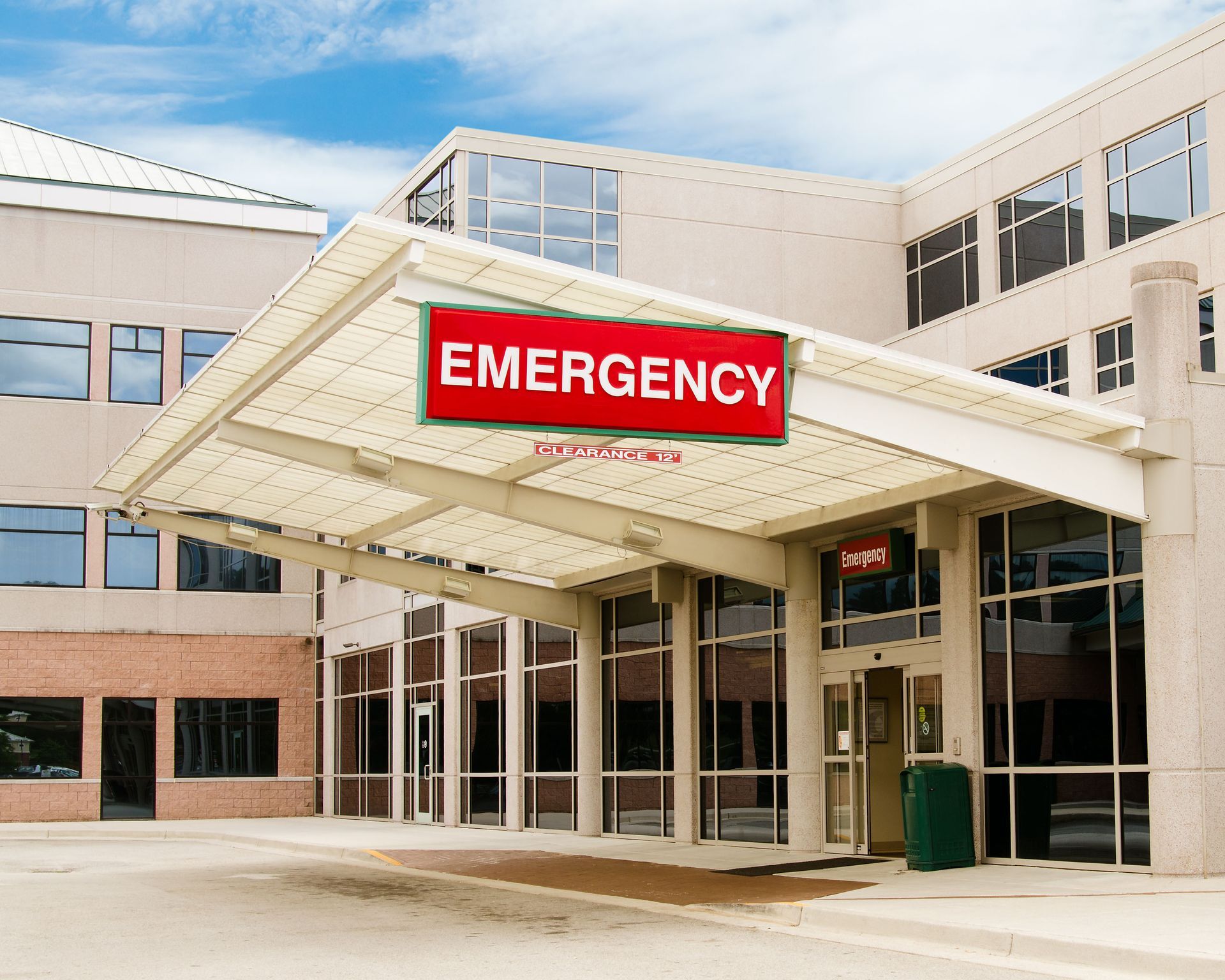
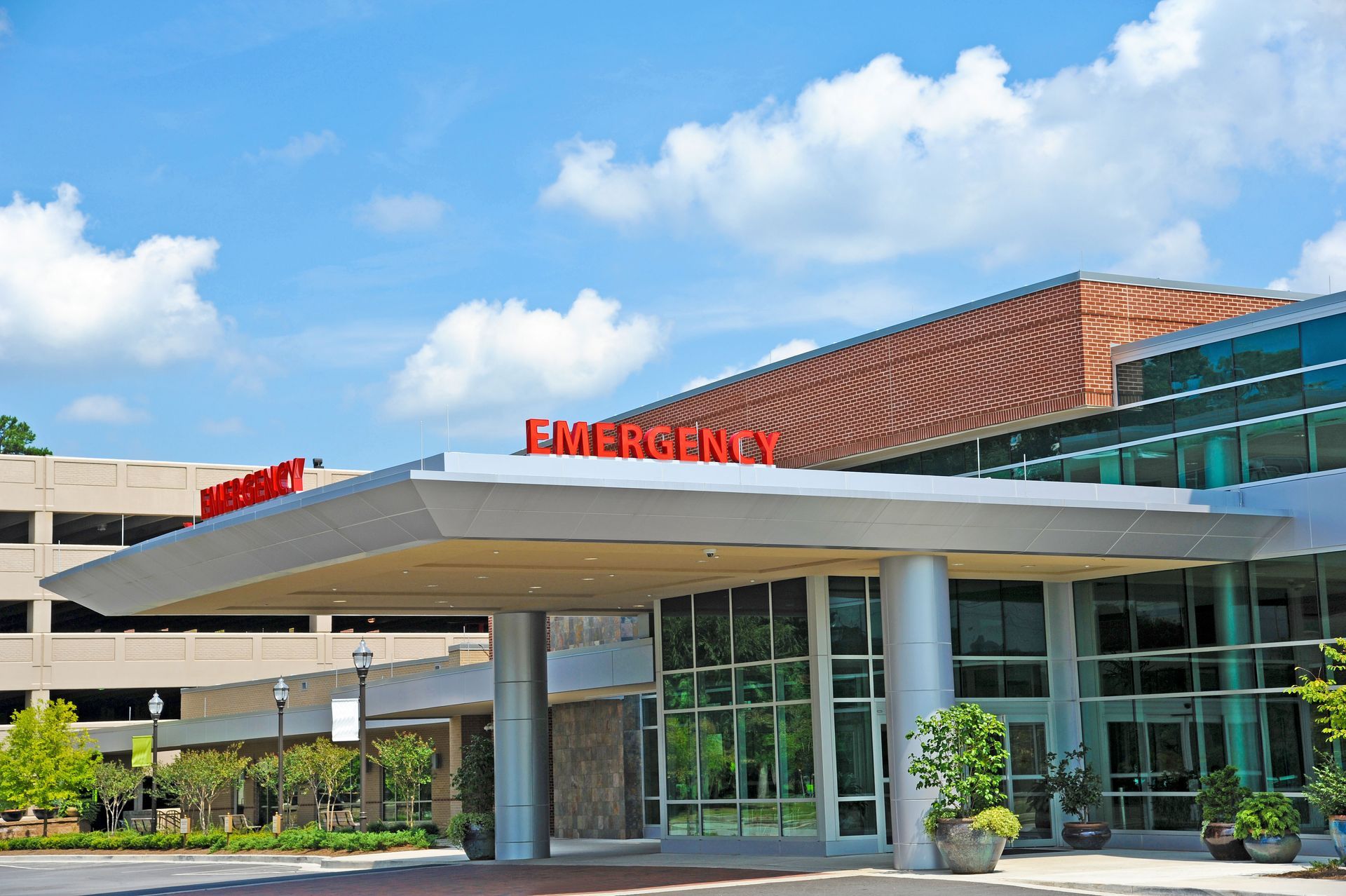
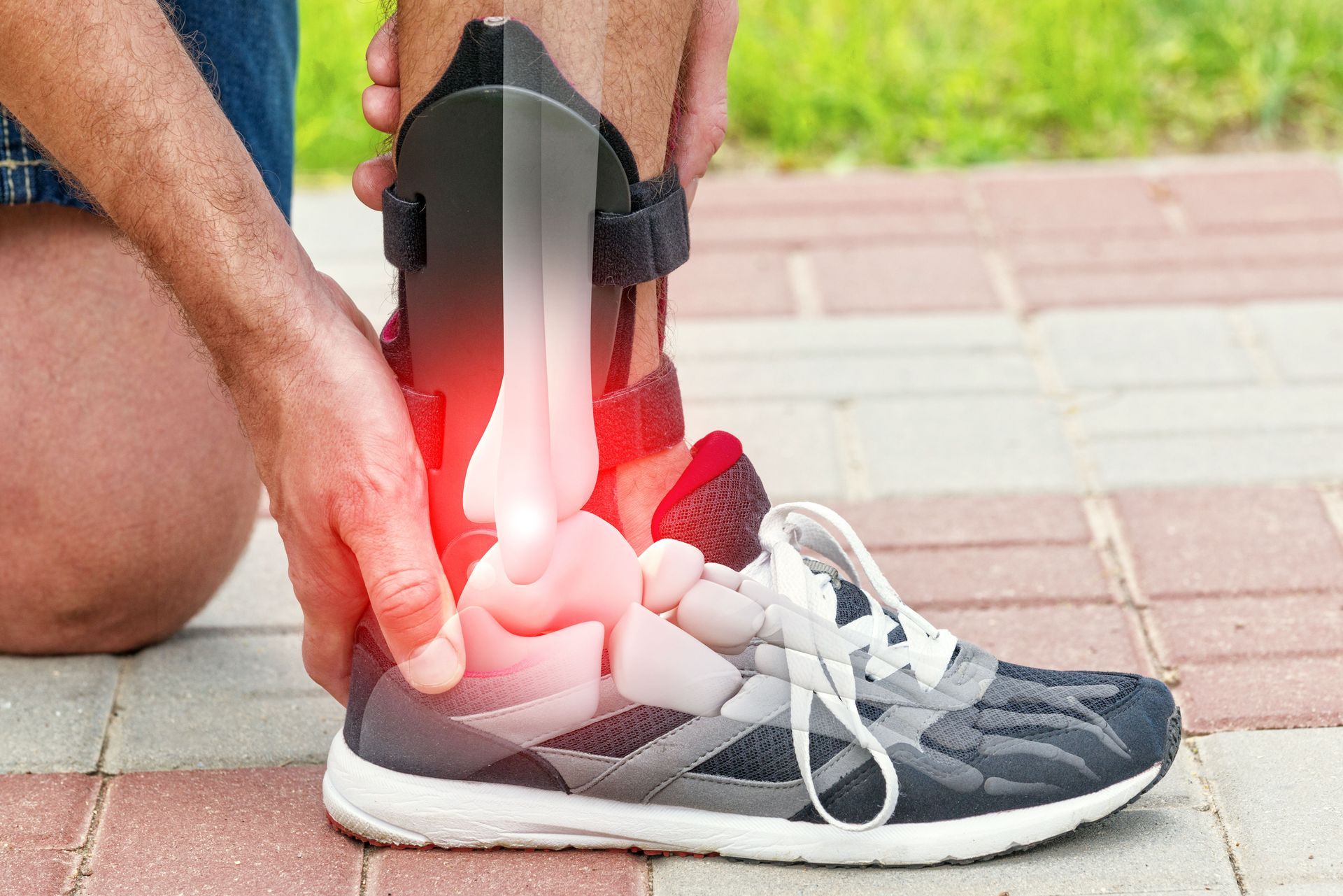

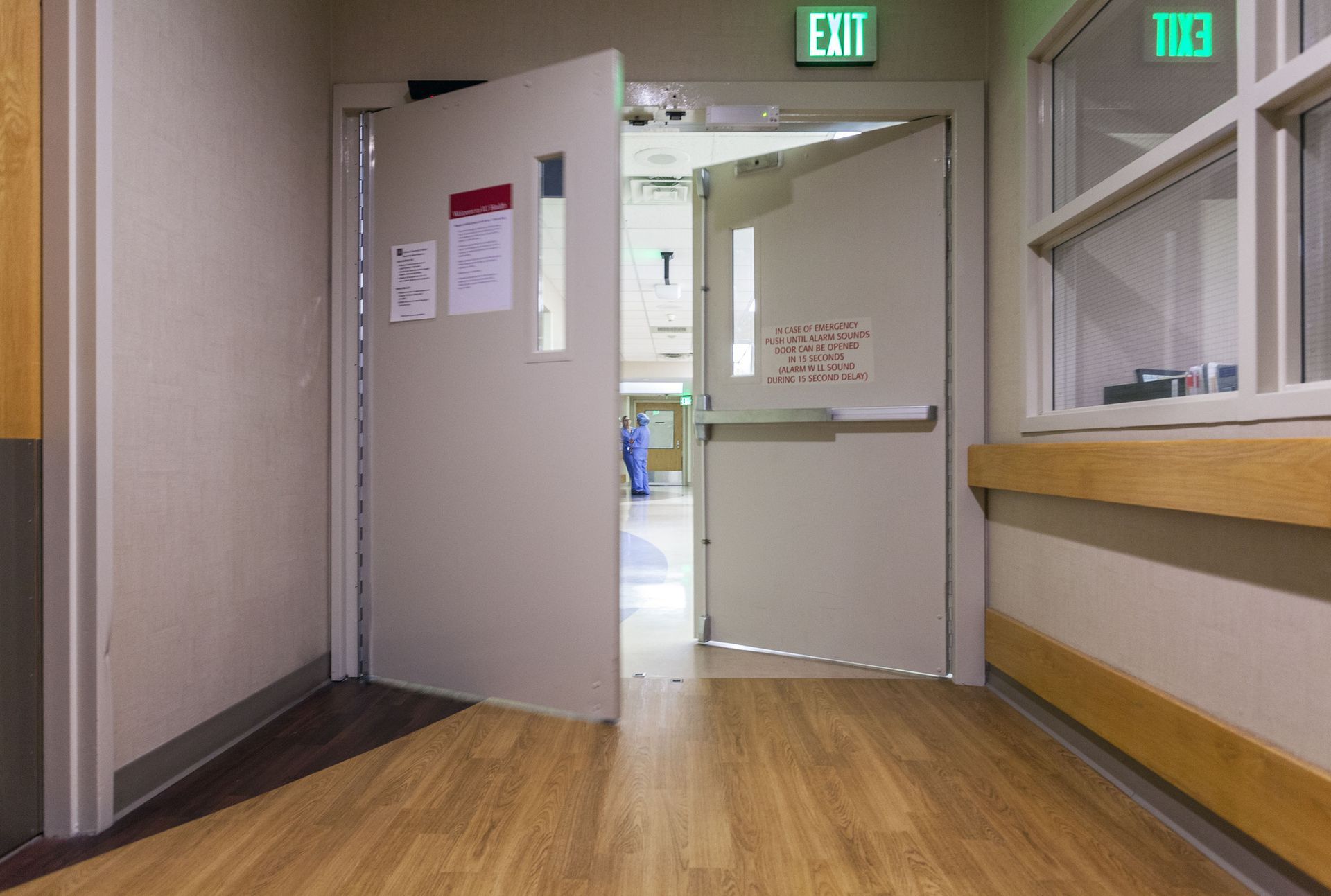

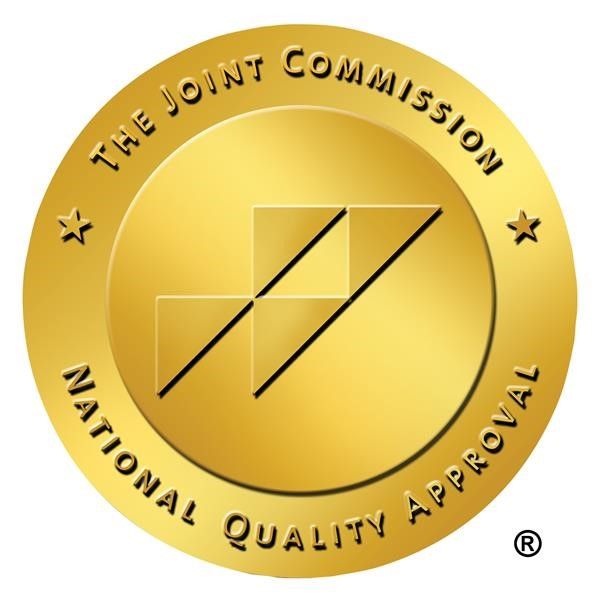
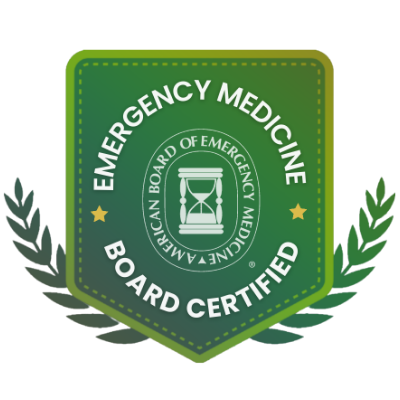






Share On: